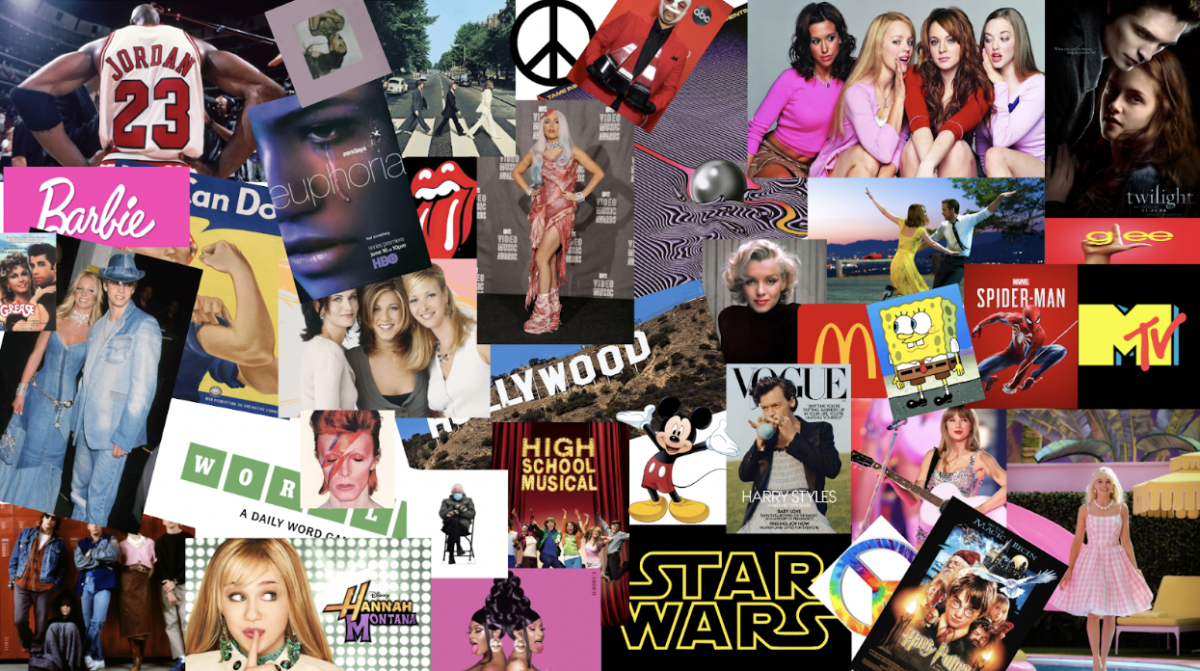Buzz Haven: Your Source for Trending Insights
Stay updated with the latest buzz in news, trends, and lifestyle.
Pop Culture's Forbidden Fruits: Why We Love the Bad Guys
Explore the allure of pop culture's bad guys and discover why we can't resist their charm. Uncover the forbidden fruits of rebellion!
The Allure of the Anti-Hero: What Makes Us Root for the Villain?
The allure of the anti-hero lies in their complexity and relatability. Unlike traditional heroes, anti-heroes often embody a blend of flaws and virtues, making them more human than idealized saviors. Audiences are drawn to their moral ambiguity; it challenges our perceptions of right and wrong. For instance, characters like Walter White from *Breaking Bad* and Tony Stark from *Iron Man* showcase the struggles of their choices, allowing us to empathize with their struggles. Their journeys prompt us to question what we would do in similar situations, evoking a sense of connection that is often absent in conventional protagonists.
Furthermore, anti-heroes often operate outside the confines of societal norms, which adds an element of excitement to their narratives. This unpredictability makes them fascinating to watch, as their actions can be both admirable and reprehensible. The dual nature of characters such as Deadpool or Harley Quinn illustrates our fascination with rebellious spirits who break the rules. This conflict not only entertains but also invites introspection about our own values and ethics, ultimately leading us to root for these flawed characters despite their misdeeds.

Exploring the Psychology Behind Our Obsession with Bad Guys
The fascination with bad guys in literature, film, and even real life can be attributed to a complex interplay of psychology and societal norms. Our obsession with bad guys often stems from the thrill they evoke; they represent the ultimate rebellion against rules and authority. This allure is not merely about the thrill of danger but also serves as a psychological escape from the mundanity of everyday life. Stereotypically, bad guys challenge the status quo, leading us to a world where morality is blurred, and the very nature of good and evil is questioned. This entertainment value encourages audiences to explore their inner thoughts, desires, and conflicts, vicariously living through the characters' experiences.
Moreover, the psychology behind our fascination with bad guys also reveals deeper truths about human nature. People often find themselves drawn to villains because they encapsulate traits and characteristics that are typically suppressed in societal settings. The complex narratives around these characters provide insight into the dark aspects of the human psyche, allowing us to confront fears, insecurities, and unacknowledged aspects of ourselves. By understanding these characters, we not only entertain ourselves but also gain a better understanding of our own emotions and motivations, creating a compelling tug-of-war between attraction and repulsion.
From Classic Literature to Modern Cinema: The Evolution of the 'Bad Guy' Archetype
The concept of the 'bad guy' has undergone a remarkable transformation from classic literature to modern cinema. In the early tales, villains like Shakespeare's Iago or Melville's Captain Ahab were often portrayed as embodiments of pure evil, driven by jealousy, obsession, or a desire for power. These characters, often crafted with elaborate backstories, served not just as antagonists but as complex figures that reflected the moral dilemmas of their time. They represented the darker aspects of human nature, often leading to a tragic unraveling, leaving readers to ponder the thin line between good and evil.
Fast forward to the contemporary era, and the portrayal of the 'bad guy' has evolved to include more nuanced characters that resonate with modern audiences. Films like The Dark Knight introduce villains such as the Joker, who challenge traditional notions of morality and chaos. These characters often possess relatable motivations, showcasing that their actions stem from a more complex psychological landscape. The evolution reflects a shift in storytelling, where viewers are encouraged to empathize with the antagonist, making them not only essential to the plot but also pivotal in exploring themes of redemption, revenge, and the human condition.